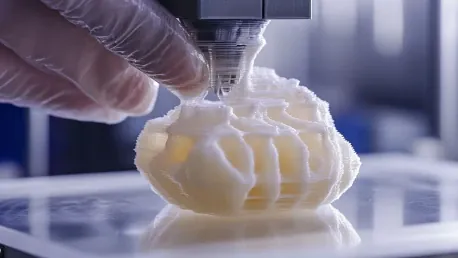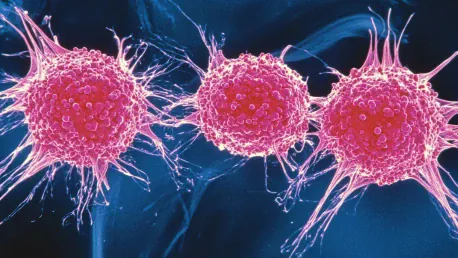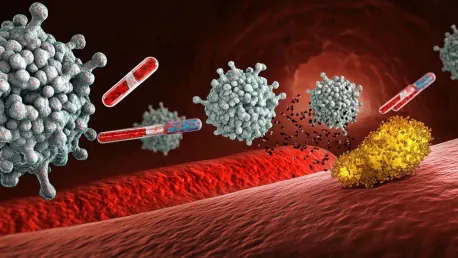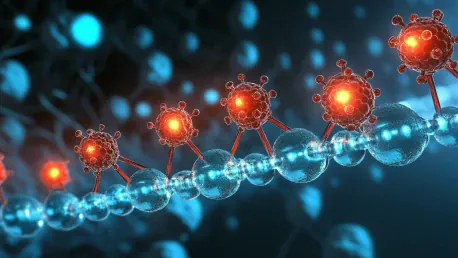
Aspect Biosystems, a pioneer in the field of bioprinted tissue therapeutics, recently closed a $115 million Series B financing round aimed at advancing its groundbreaking technology in regenerative medicine. This achievement, led by Dimension and supported by investors such as Novo Nordisk and

The pharmaceutical industry is on the brink of significant transformation, driven by advancements in oncology, artificial intelligence (AI), and evolving policy landscapes. As we look towards 2025 and beyond, these changes promise to revolutionize drug development, clinical trials, and patient

Prostate cancer remains one of the most common cancers among men, and while hormone therapies have significantly improved patient outcomes, resistance to these treatments is a major challenge. The emergence of NXP800, a novel drug currently under clinical trials, offers a promising new approach to

The landscape of cancer therapy is undergoing a transformative shift with the advent of in vivo CAR-T cell therapies. These innovative treatments promise to simplify, accelerate, and reduce the costs of cancer care, marking a significant departure from traditional ex vivo methods. This article

Precision oncology is revolutionizing cancer treatment by tailoring medical care based on the genetic makeup of a patient's tumor. However, significant disparities exist in the effectiveness and availability of these treatments among patients of different ancestries. This article delves into the

The groundbreaking study conducted by researchers Yang Zhang, PhD, and Jinjun Shi, PhD, from Brigham and Women's Hospital, offers promising insights into the potential of RNA nanoparticles in treating advanced prostate cancer (PCa). Their research focuses on a dual-action strategy involving the